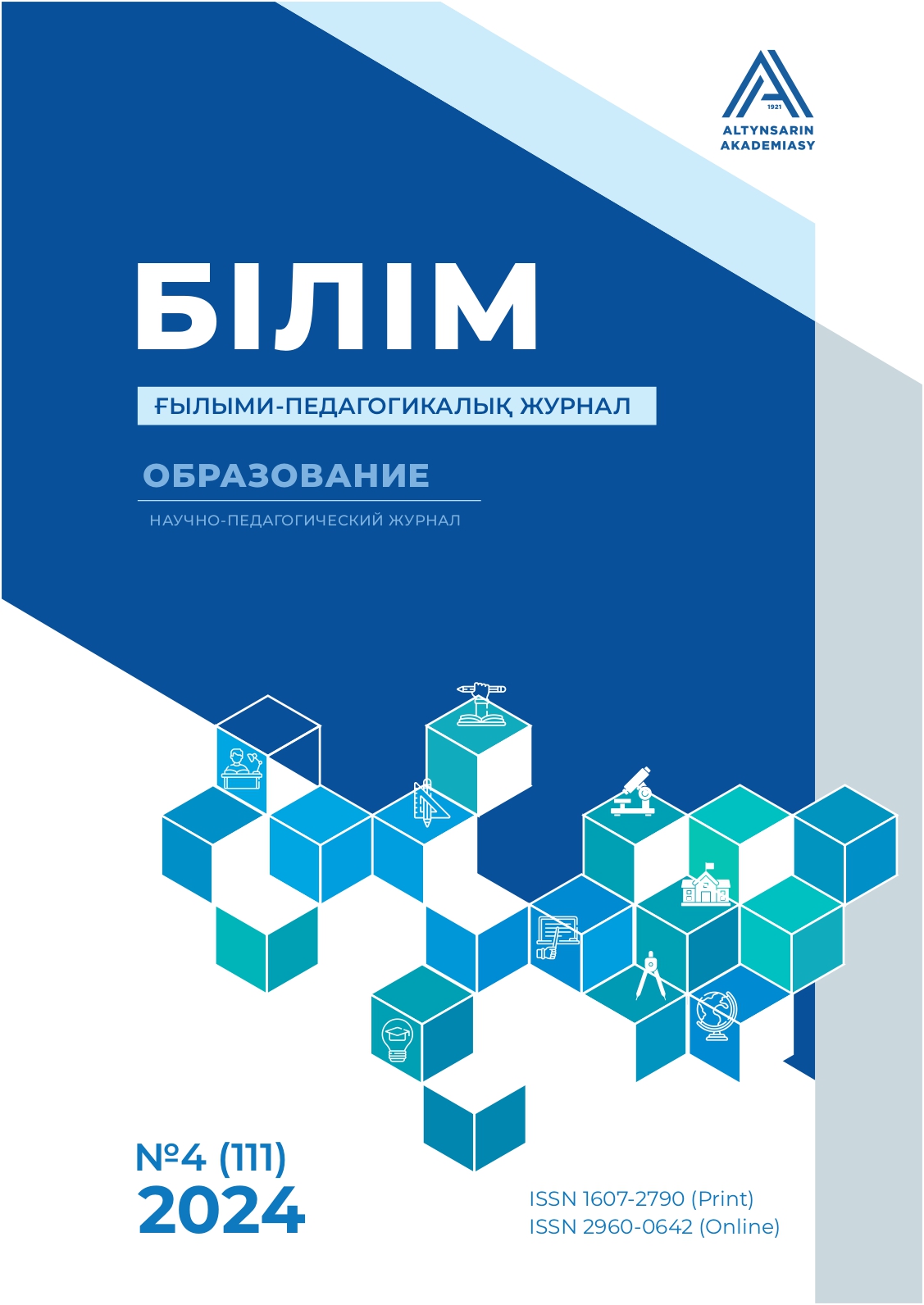Обзор цифровых инструментов и мобильных приложений для изучения английского языка как иностранного в школе
DOI:
https://doi.org/10.59941/2960-0642-2024-4-10-20Ключевые слова:
цифровые инструменты, мобильные приложения, цифровизация, цифровые технологии, образовательные инструментыАннотация
В наши дни невозможно представить повседневную жизнь без цифровых технологий, и сфера образования не является исключением. Использование цифровых технологий в образовательном процессе становится особенно актуальным, поскольку они создают новые возможности для обучения и помогают сделать уроки более привлекательными, полезными и продуктивными для учащихся. Цель статьи - выявить тенденции использования учителями на уроках цифровых технологий и определить наиболее популярные из них. В данной статье представлен опыт применения учителями школ цифровых инструментов и мобильных приложений. Сбор и анализ данных был получен в ходе онлайн-опроса, в котором участвовали около 45 учителей английского языка. Результаты опроса показали, что большинство школьных учителей регулярно используют цифровые технологии и мобильные приложения, чтобы сделать уроки иностранного языка более интересными, однако другая часть опрошенных считает эти технологии полезными, но редко или никогда не применяет их на своих занятиях. Выводы этой статьи могут познакомить учителей с разнообразием цифровых инструментов и мобильных приложений и помочь эффективно вовлечь учащихся в процесс обучения иностранному языку.
 ҚАЗ
ҚАЗ РУС
РУС ENG
ENG
